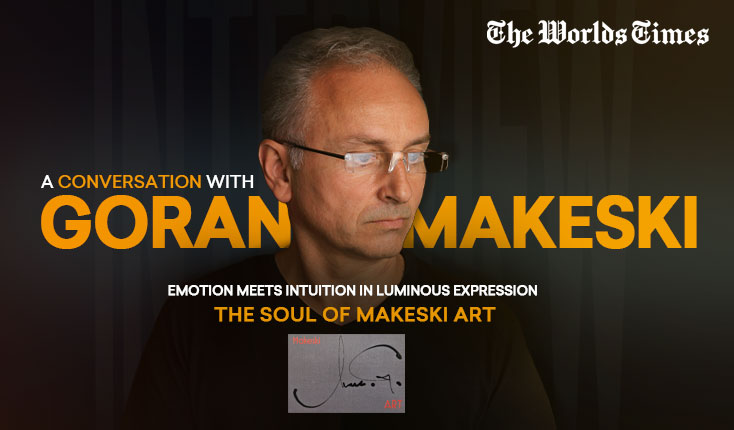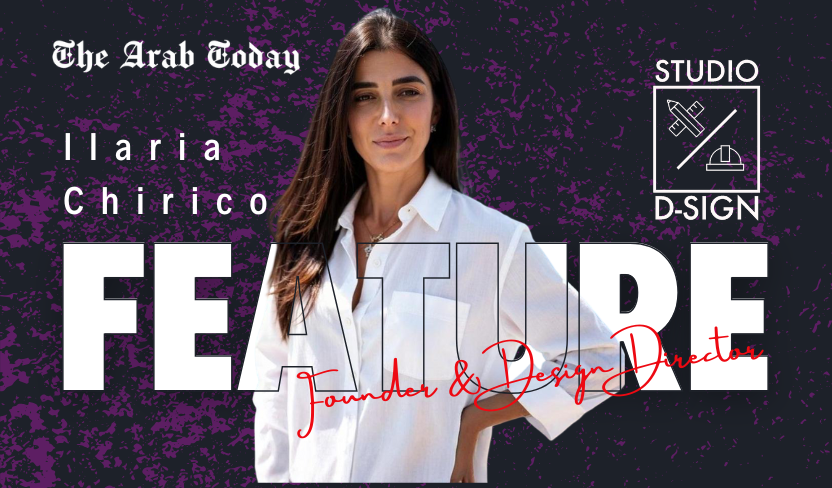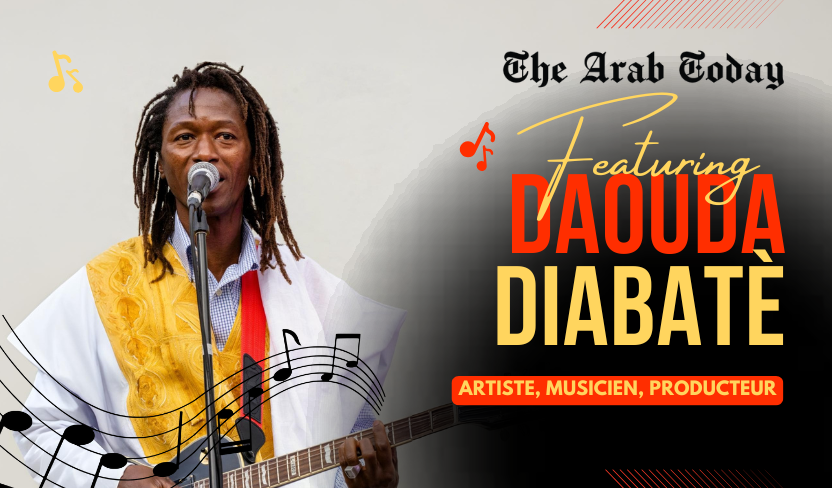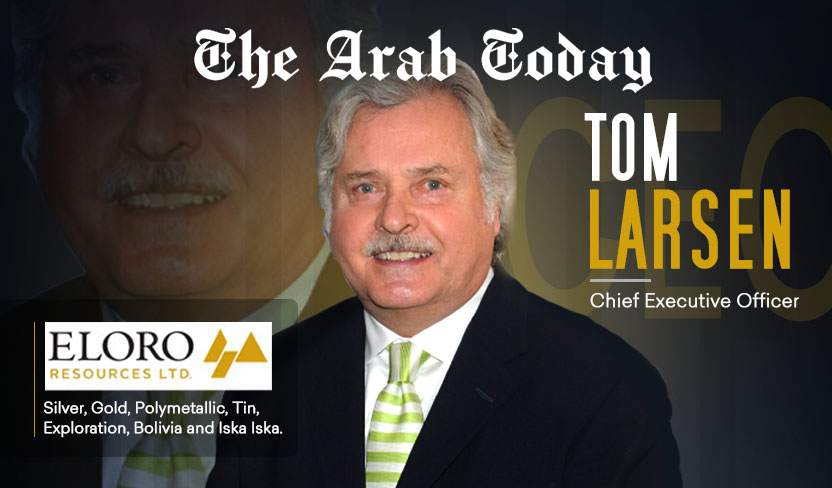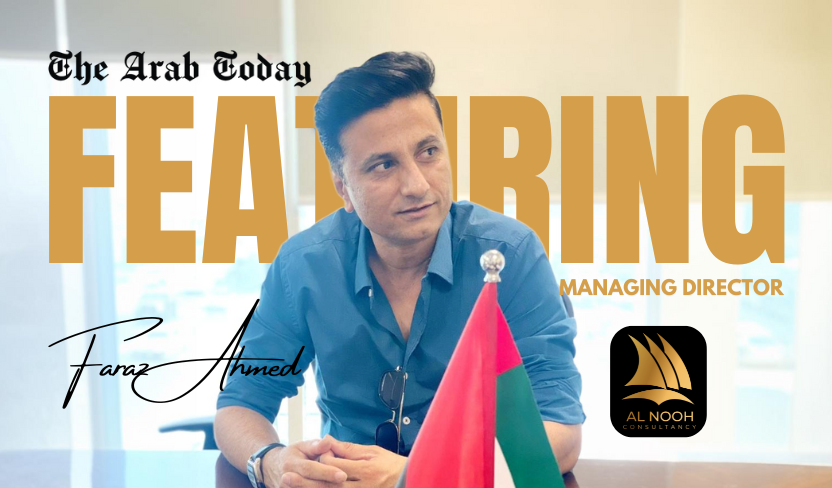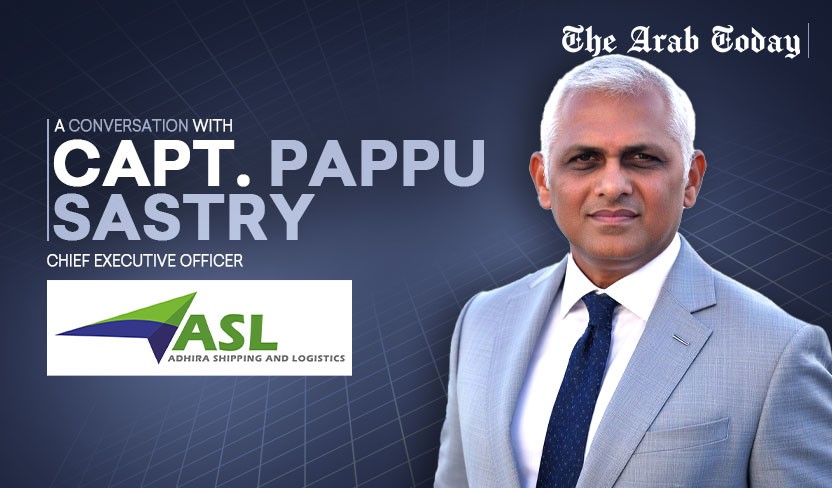Goran Makeski Interview
Goran Makeski is a North Macedonian-born artist based in Switzerland since 1988, whose work beautifully blends intuitive abstraction with deep emotional expression. Inspired early on by his father, an academic artist, Goran developed a unique style that focuses on mood, light, and color rather than literal representation. Using glossy photo paper and acrylic ink, his paintings radiate luminosity and emotional depth, allowing viewers to engage with his art on a personal level. His international residencies in countries like Greece, Portugal, Croatia, and Switzerland have further enriched his artistic vision, while his exhibitions across Europe, the Middle East, and the United States have brought his emotionally charged and visually captivating works to a global audience. Goran’s art invites reflection, connection, and a shared emotional experience that transcends cultural and linguistic boundaries.
Foundations of Creativity
We started the interview by asking, “How did your father’s influence shape your early artistic development?”
Goran Makeski replied, “From my earliest memories, art was a part of daily life thanks to my father, who was an academic artist. Growing up in a creative household meant that I was surrounded by brushes, paints, canvases, and the quiet intensity of artistic focus. My father didn’t teach me through formal instruction. Instead, he led by example. I learned by watching him work, observing the way he approached a blank canvas with both discipline and emotion. This environment nurtured my creativity from a young age. Over time, I moved beyond imitation and began to discover my own artistic voice. His presence gave me both technical grounding and the emotional courage to explore unfamiliar paths.
After my father passed away, he appeared to me in a dream and brought me a whole palette of unopened paints. This sign was, so to speak, decisive for me. A few days later, I felt an enormous “push” and absolutely wanted to buy different types of paint. That was the beginning, and since then, I’ve been painting with great passion.
Today, the respect I have for the creative process, the drive to experiment, and the emotional honesty in my work all trace back to his early influence.”
The Power of Glossy Photo Paper
The Arab Today: What inspired you to use glossy photo paper as your primary painting medium?
Goran Makeski replied, “My use of glossy photo paper began as an experiment, but it quickly became a cornerstone of my artistic identity. I was searching for a surface that could elevate the brightness and richness of color. When I tried glossy photo paper, I was struck by how vividly it held pigments. The surface created a kind of luminosity that felt alive. Over time, I developed specific techniques to adapt to the unique properties of the material. It responds differently than canvas or traditional paper. The smoothness forces a kind of immediacy, and there’s little room for error. But I find that challenge invigorating. It pushes me to be bold, spontaneous, and fully present. Glossy photo paper supports the kind of emotional expression I strive for. It amplifies the energy behind every brushstroke, making the process more raw and authentic.”
The Heart of Creation
The Arab Today: Can you describe your intuitive painting process and its significance in your work?
Goran Makeski replied, “Intuitive painting is central to my creative approach. When I begin a new piece, I rarely plan it out in detail. Instead, I allow myself to enter a reflective, almost meditative state, and let my emotions lead the way. I work from the inside out, responding to the mood of the moment and trusting the process as it unfolds. Each brushstroke is a reaction to the last, creating a visual rhythm that reflects my inner landscape. This method is deeply personal and emotionally charged. It allows me to express things I may not fully understand until they take shape on the surface.
The significance of this process lies in its honesty. Because the work emerges from an unfiltered emotional space, it often resonates with others on a level beyond words. Many viewers tell me they feel a personal connection to the paintings, as if they mirror something within themselves. That connection is what makes the process so meaningful.”
Global Inspirations
The Arab Today: How have your international residencies influenced your artistic perspective?
Goran Makeski replied, “Participating in residencies in countries like Greece, Croatia, Portugal, Italy, Spain and Switzerland has had a profound impact on how I view and create art. Each location offered a new visual and cultural environment that shaped my work in unique ways. These experiences did more than inspire me. They pushed me to evolve and adapt. I learned to absorb the spirit of a place and reflect it through my own artistic lens.
Milestones in my personal development include the town of Biograd na Moru in Croatia, where I passionately devoted myself to watercolor painting, and Ohrid, the “Pearl of the Balkans,” in my homeland, present-day North Macedonia. There, my visits to the monasteries deeply touched my soul and nourished my inner world. In Münchenstein, Switzerland, my second home and the country where I am now a naturalized citizen, I was able to fully develop and express my artistic identity.
Beyond technique, the residencies showed me how universal art can be. No matter the language or culture, art has the power to connect us on a human level. That idea has become a guiding principle in my work.”
The Language of Emotion
The Arab Today: Your works often feature abstract elements. How do you balance abstraction with emotional expression?
Goran Makeski replied, “Abstraction offers me the freedom to move beyond literal representation. It allows me to express internal states that are too complex or ambiguous for words or recognizable forms. At the same time, I never use abstraction as a way to hide meaning. My goal is always to communicate something emotionally true. The balance comes from being intentional with every choice. Whether it’s a curve, a line, or a burst of color, each element is placed with emotional awareness.
I want viewers to feel something even if they don’t fully understand what they are seeing. Abstraction opens the door to interpretation. It invites the viewer to bring their own experience into the work. The result is a shared emotional space that is both personal and universal. That balance between abstraction and emotion is where the real power of art lies for me.”
The Power of Color
The Arab Today: What role does color play in conveying the themes of your artworks?
Goran Makeski replied, “Color is one of the most essential tools in my work. It has the ability to communicate emotion instantly, before a viewer has time to analyze what they’re looking at. I select colors based on the feeling or energy I want to express in that particular moment. Warm tones might represent passion, conflict, or vitality, while cooler tones might suggest introspection, sadness, or serenity. I also use contrasts and layering to build tension or harmony.
Color, for me, is like a language that speaks directly to the senses. It can guide the viewer’s emotional response and set the tone for how the painting is experienced. Because my process is intuitive, I often don’t consciously decide on a palette beforehand. The colors emerge naturally from the emotion I’m channeling. That spontaneous use of color adds to the emotional honesty of the piece and invites the viewer into that experience.”
The Intended Impact on Viewers
Lastly we asked, “How do you hope viewers connect with your art, and what impact do you wish it to have?”
“My greatest hope is that people connect with my art on a personal, emotional level. I don’t create with the goal of conveying a fixed message. Instead, I offer a visual experience that reflects my own emotional journey, and I leave space for others to bring their own stories to it. If someone sees one of my paintings and feels a sense of recognition, curiosity, or peace, then I feel that we have truly connected. That is the real success of any artwork: to become a mirror or a doorway.
I want my paintings to provide moments of reflection, stillness, and emotional clarity in a world that often moves too fast. Whether someone feels inspired, healed, or simply seen, the impact I aim for is personal and profound. Ultimately, art is a form of communication that transcends words. It connects us through feeling, and that connection is what I value most.” Goran Makeski concluded
Connect with Goran Makeski on Instagram
Visit Makeski ART to learn more about it
Source: Goran Makeski interview with The Worlds Times
Also Read:
Subarna Gupta Navigating the World, Shaping Strategy
Sasa Pejic as the CEO of Pannon GroupNS
Dr. Mustafa: Global Wins & Future of Plumbing Solutions
